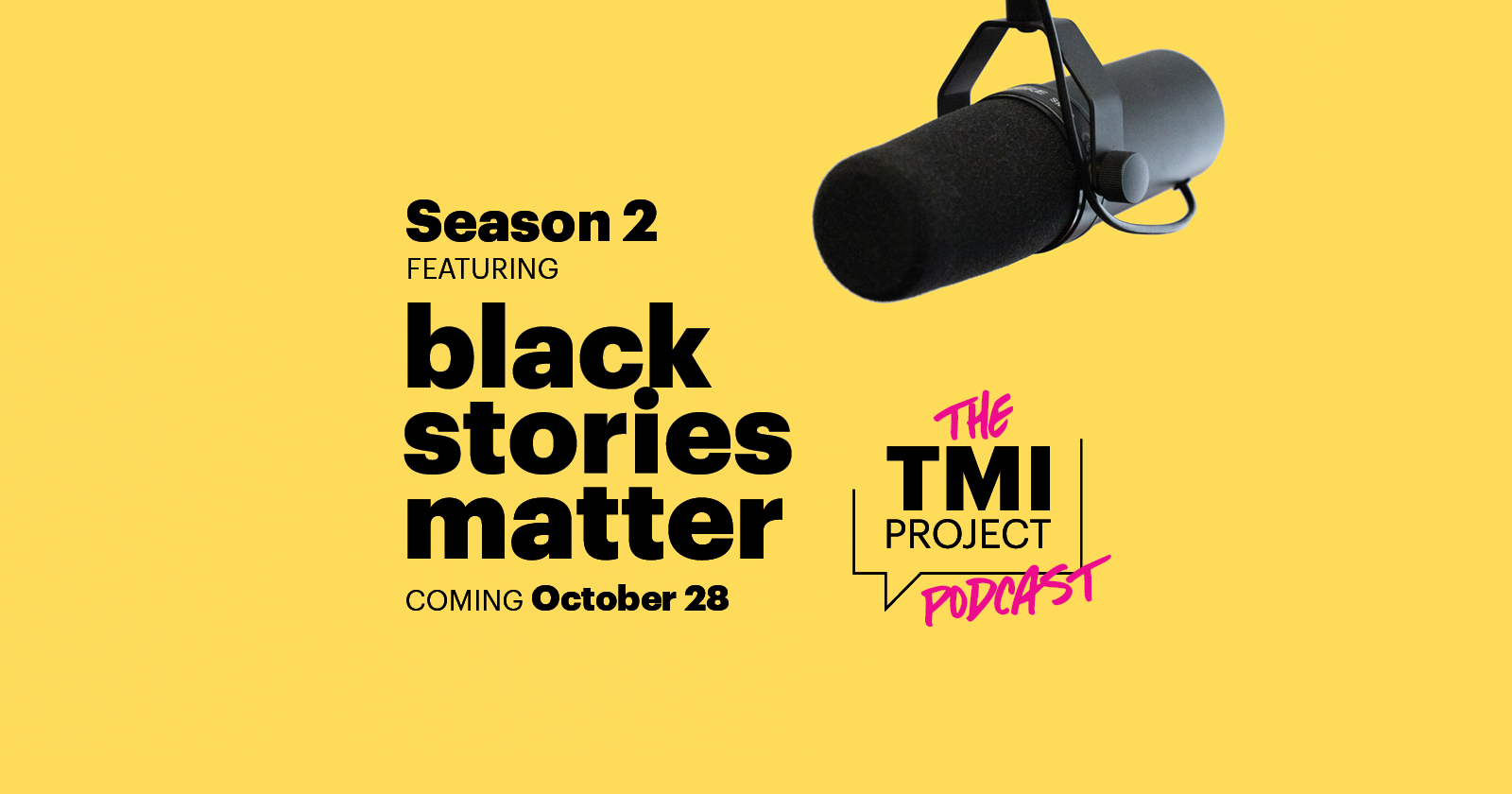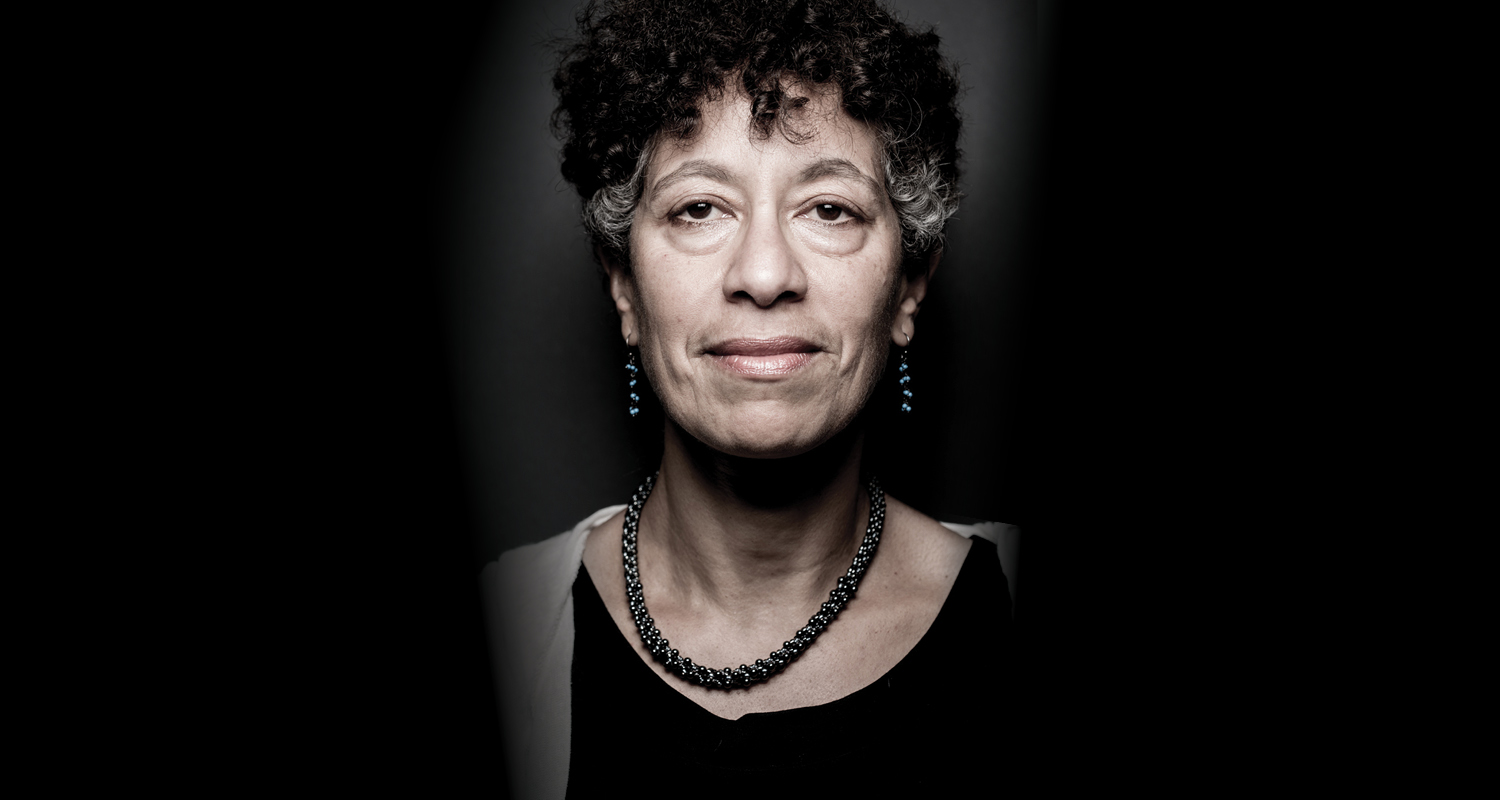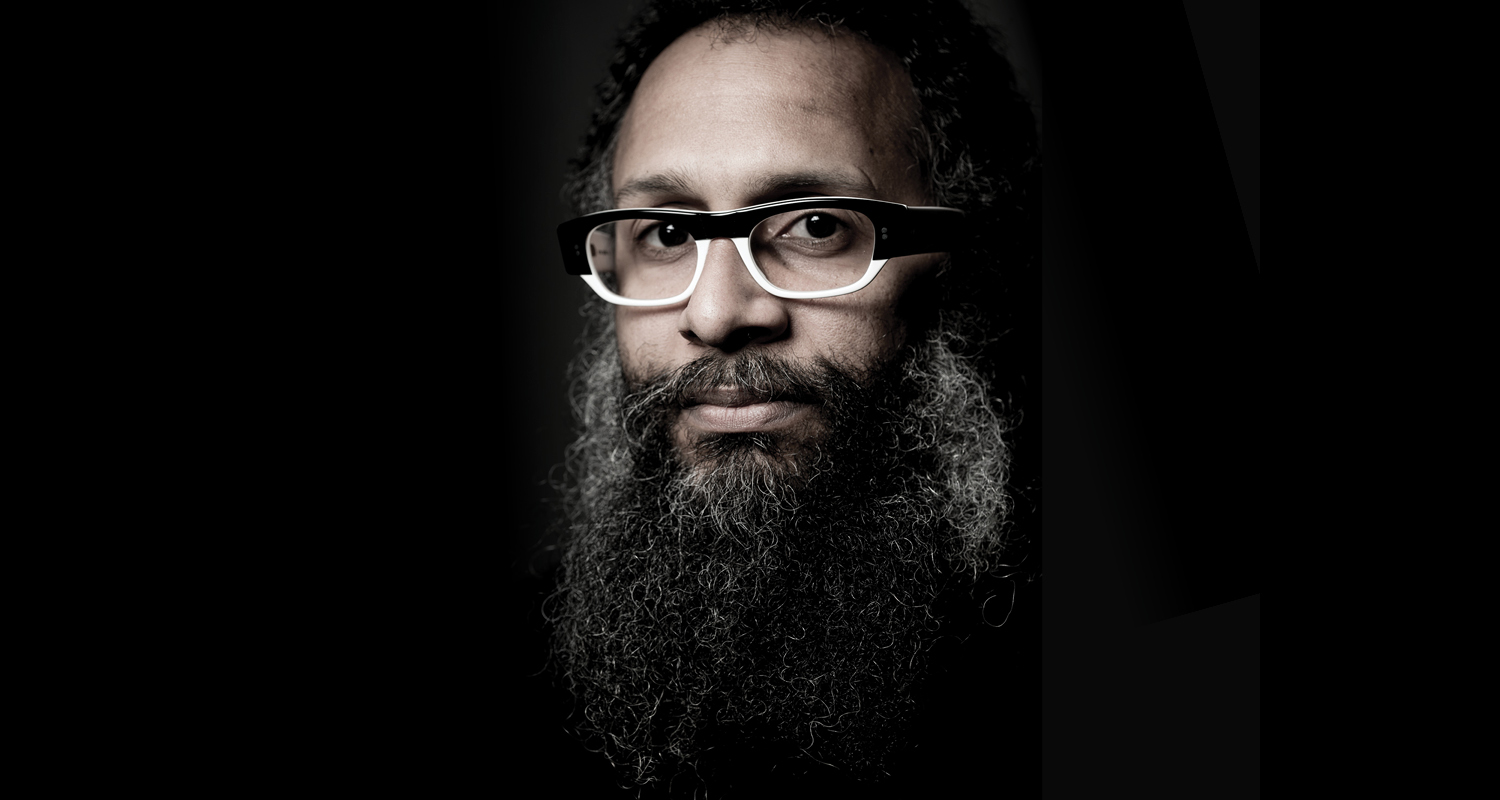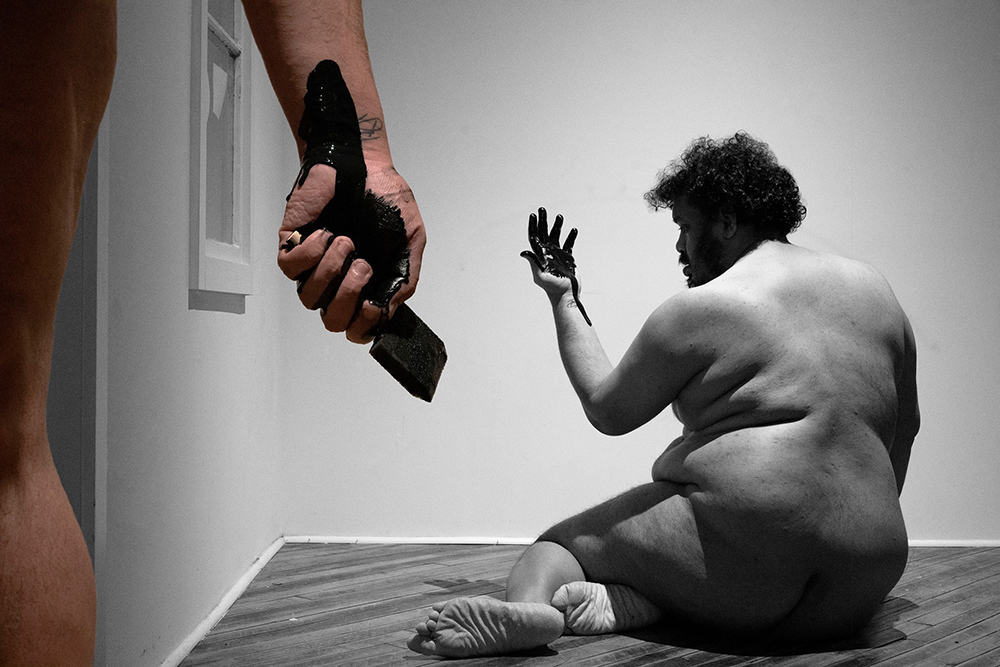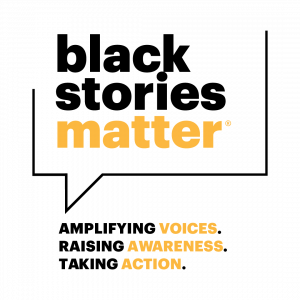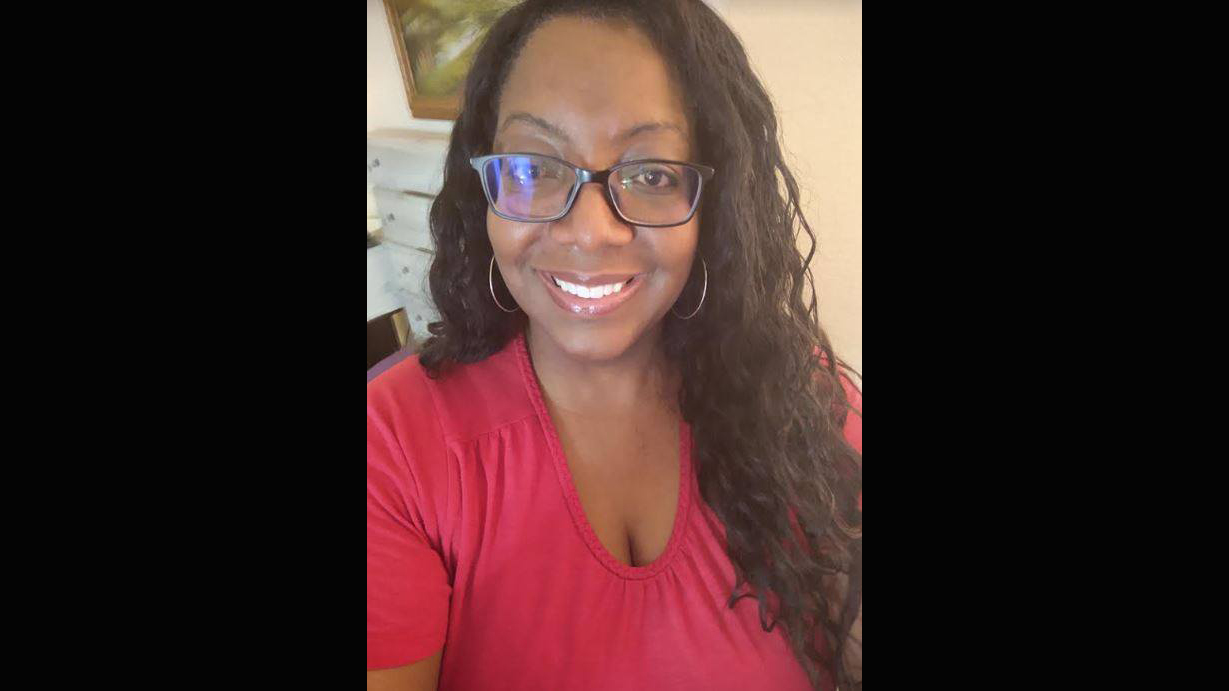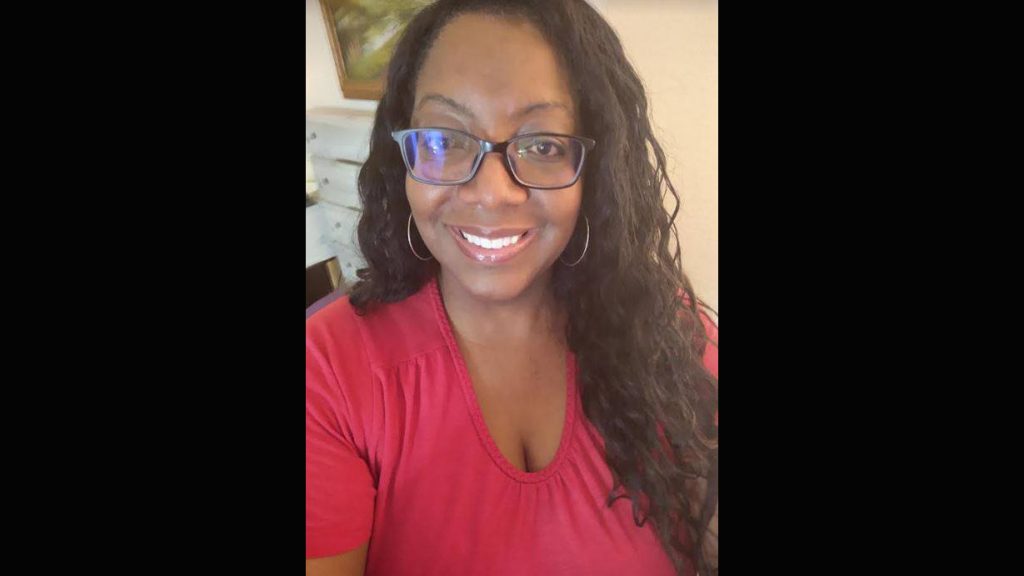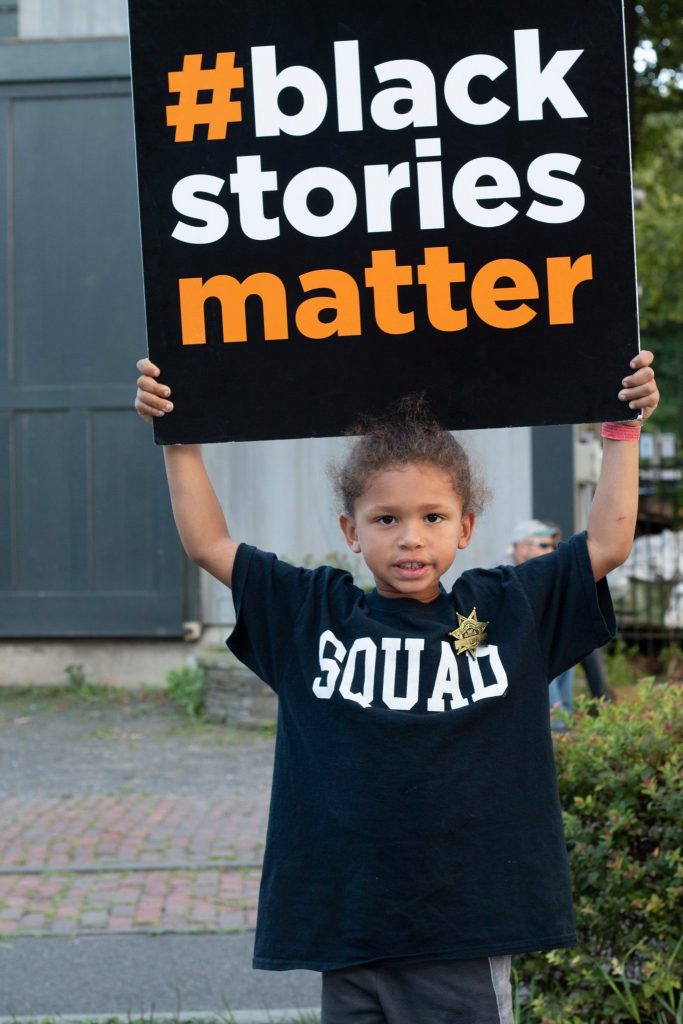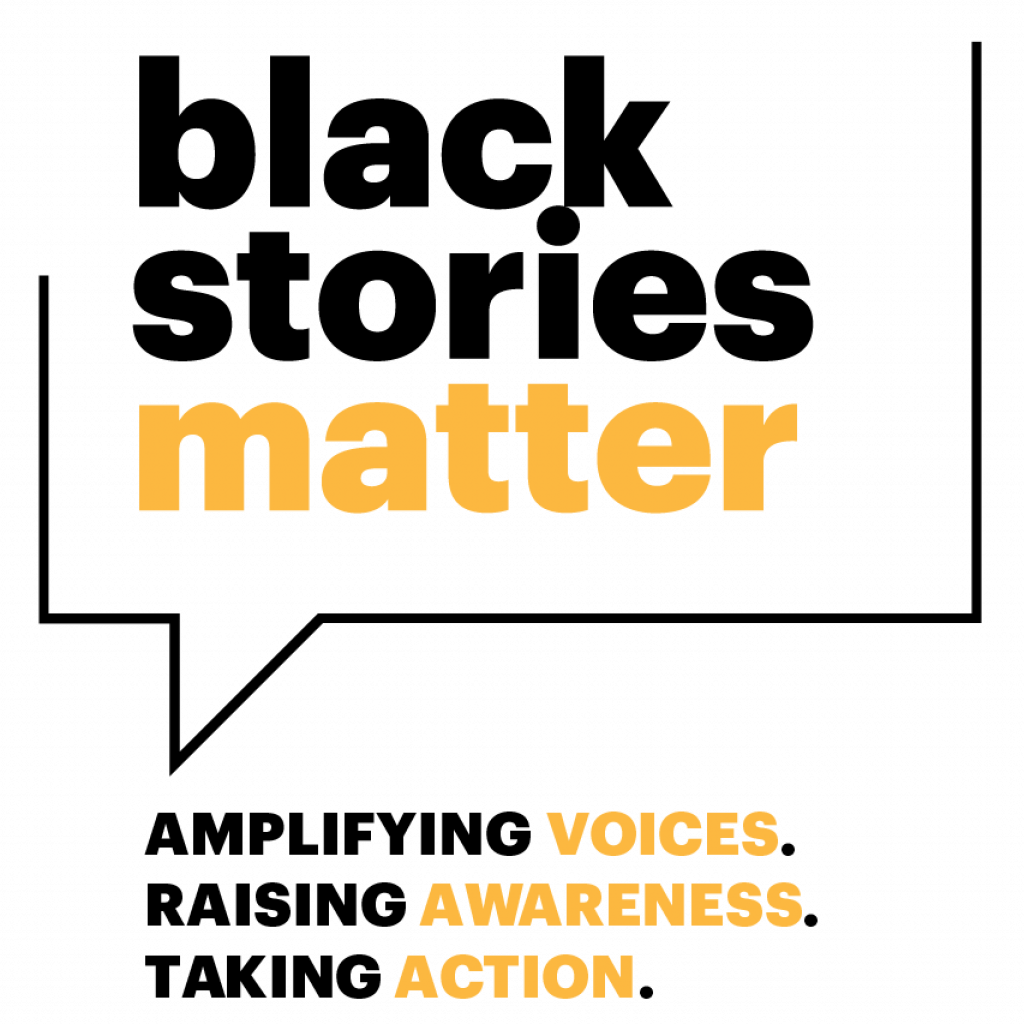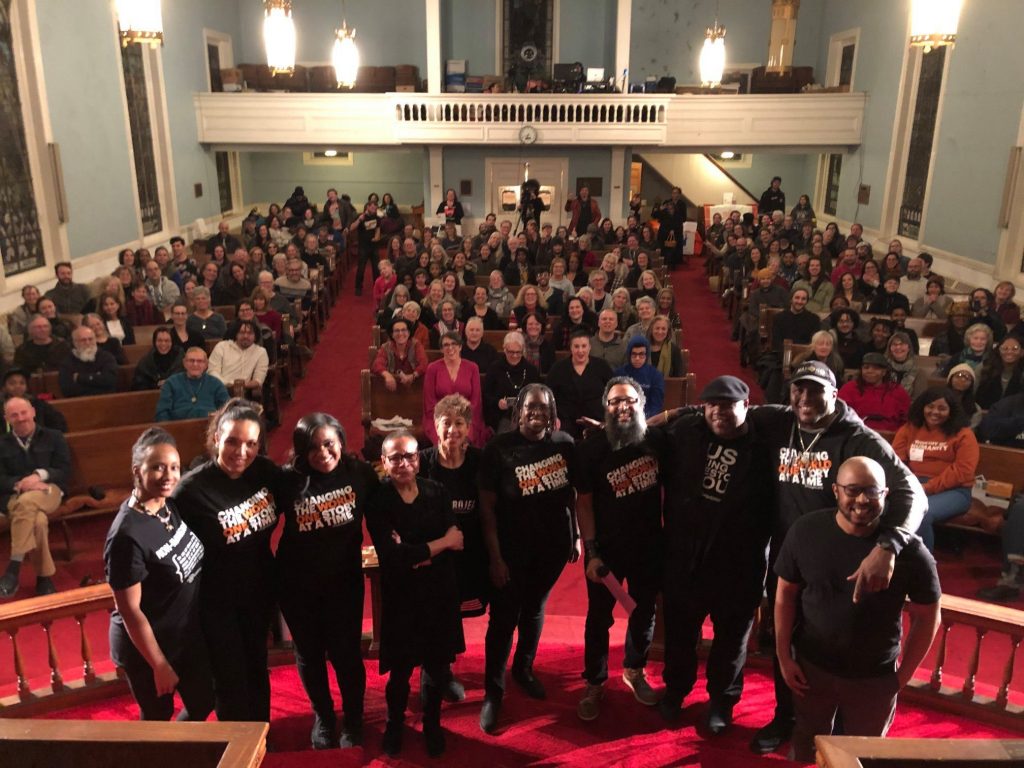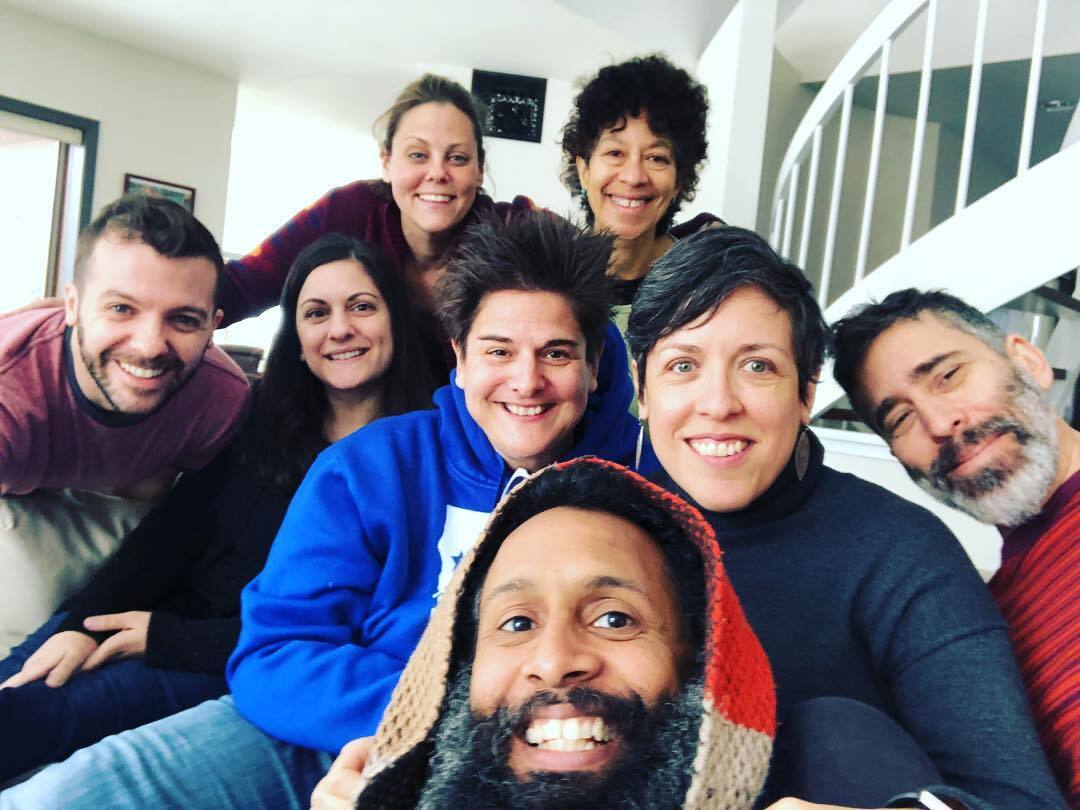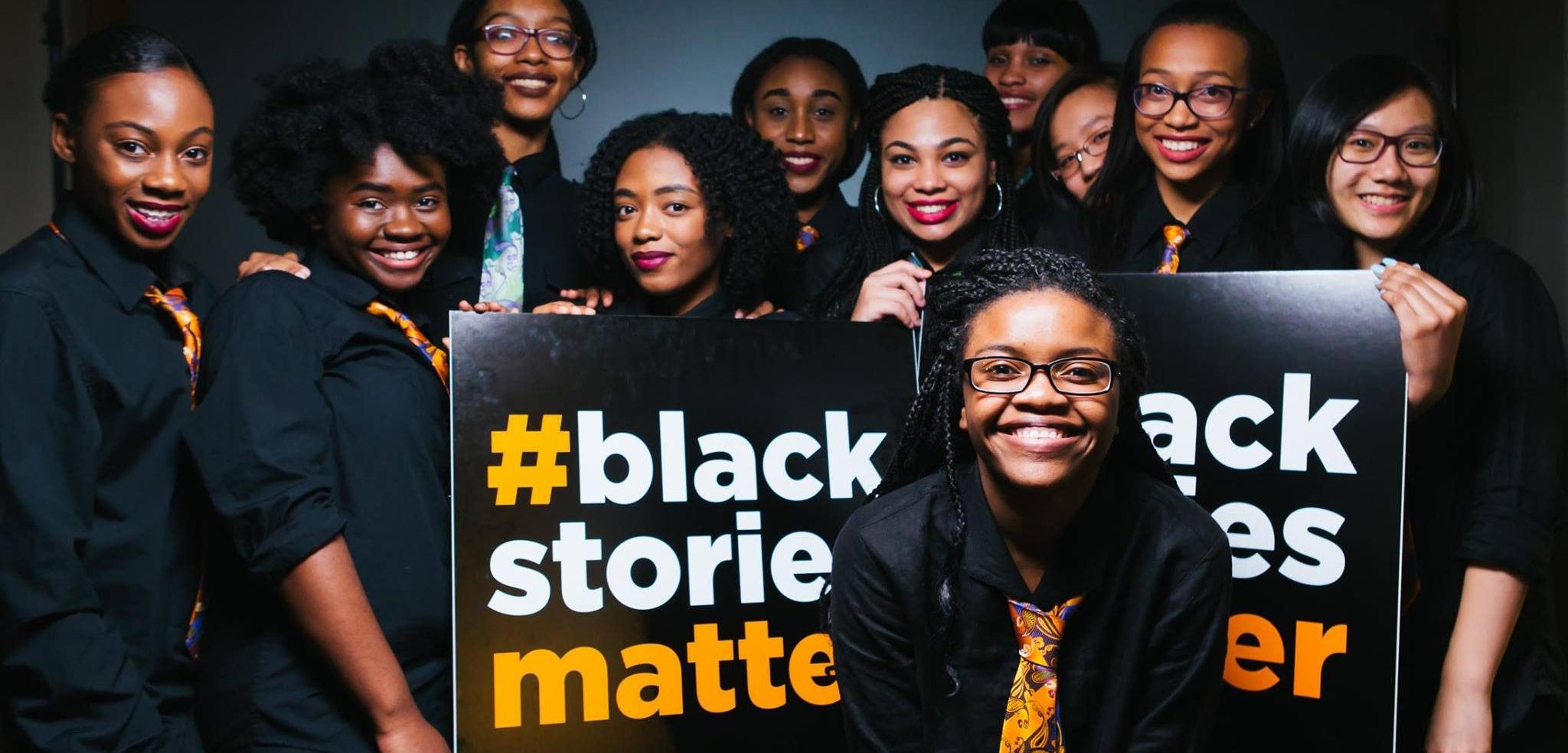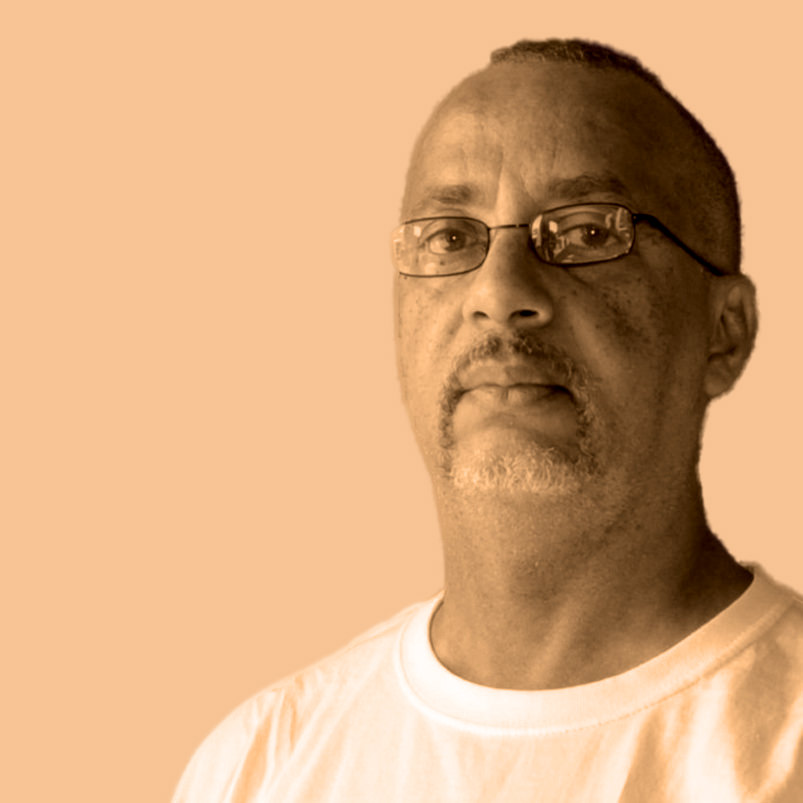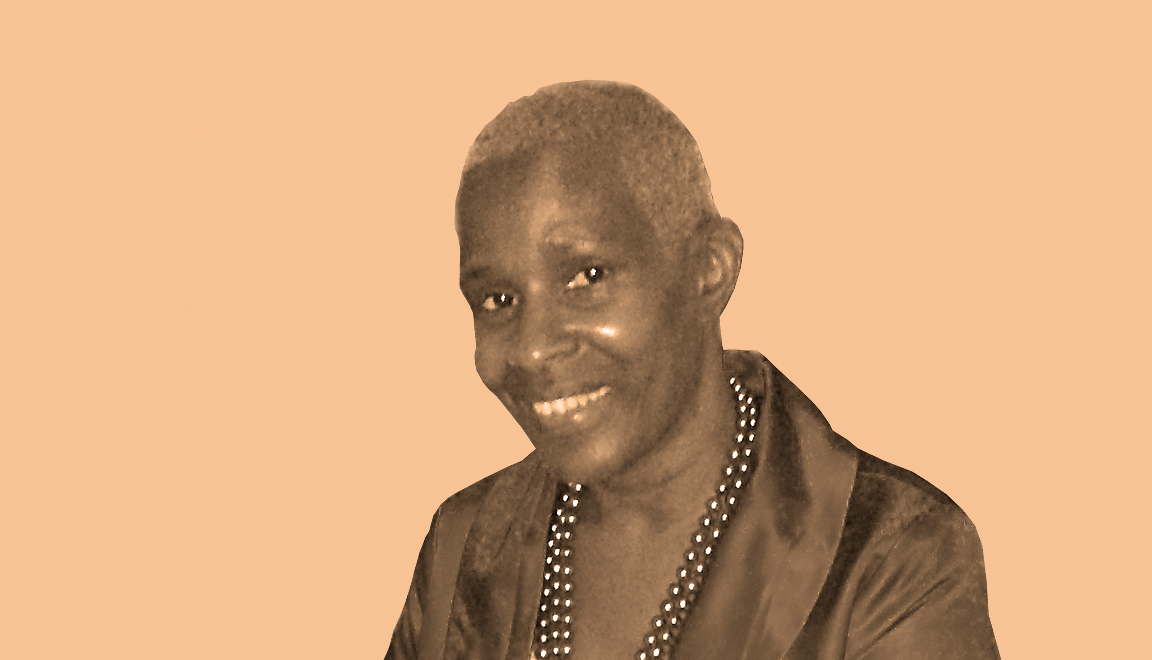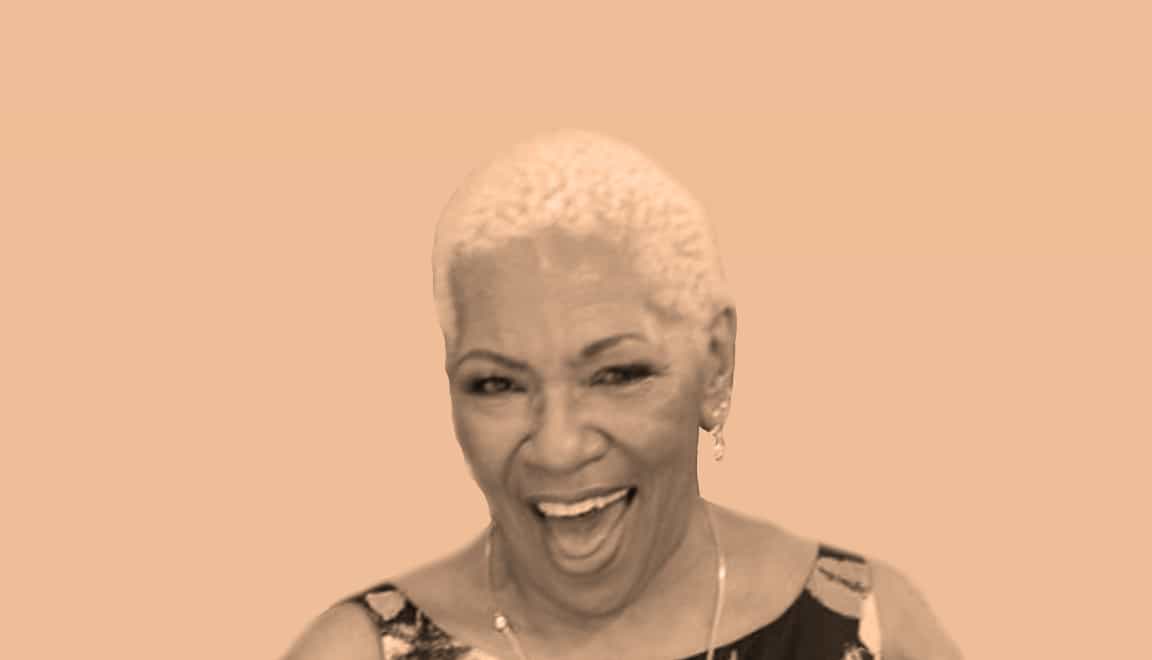In alignment with the Black Lives Matter movement, season two of The TMI Project Story Hour will feature underrepresented stories of the Black experience in America
TMI Project is a nonprofit transmedia organization that believes in the power of changing the world one radically true story at a time. Recognizing the power audio has to amplify the stories that are often overlooked by mainstream media, TMI Project recently added a free quarterly podcast to its portfolio. On October 28, 2020, the organization will launch The TMI Project Podcast Season 2: Black Stories Matter.
Each episode of the 12-part season will feature a personal narrative from a TMI Project storyteller focused on the “too much information” parts of their story usually left out due to shame, embarrassment, fear or cultural expectation. In season two, we touch on themes of identity, racism, gentrification and homelessness, coming of age and self love, family and forgiveness, addiction and recovery, abuse, and the everythingness of Blackness. Black Stories Matter will be of particular interest to the growing Black Lives Matter movement to end systemic racism as activists and allies continue the work of amplifying Black voices. Listen to the trailer here.
FROM OUR HOSTS
“Writing and then sharing my story in my first TMI Project performance in 2017 allowed me to affirm and claim an important part of my life experience. Performing with and now mentoring other groups of TMI Project workshop writers, I’ve found the family I always wanted: a family based on telling stories with truth, courage and compassion,” said Dara Lurie (she/her), TMI Project’s Black Stories Matter co-director and workshop leader.
“White America, by choice and by ignorance, has been denied our stories and is maybe now recognizing how unhealthy that dynamic has been. Supporting the development of our stories, our truths — there’s really nothing more important to me,” said Micah (he/him), TMI Project’s Black Stories Matter co-director and workshop leader.
The TMI Project Podcast is produced in partnership with Radio Kingston, a non-commercial platform dedicated to a vibrant, just, and healthy Kingston centered around community storytelling, artistic and musical expression, conversation and connection.
About TMI Project
TMI Project is a nonprofit transmedia organization that believes in the power of changing the world one radically true story at a time. Since 2010, TMI Project has led nearly 150 true storytelling workshops and staged live storytelling performances by more than 3,000 storytellers, which have been presented to audiences of over 250,000 people in schools, colleges, prisons, mental health clinics, theaters, community centers and the United Nations. The culminating content – written stories, live storytelling performances, videos, and now a podcast – is accessible to an all-inclusive audience.
In 2017, TMI Project responded to the outcry for racial justice by launching Black Stories Matter, a Black-led true storytelling program where Black folks can write about, share, and reflect upon their lived experiences without having to justify, explain, or defend their truth.
To learn more about this program, visit tmiproject.org/blackstoriesmatter
To learn more about season 2, visit https://tmiproject.org/podcast-press-kit-season-2
Contact:
Shantae Howell
shantae@tmiproject.org

